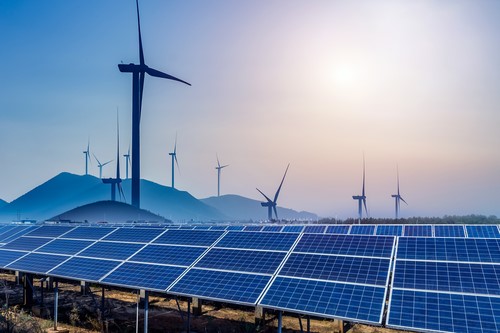DOE gets 30K MW worth of RE project bids
- November 19, 2020
- 0

The Department of Energy (DOE) has received 1,025 proposals for renewable energy (RE) projects as of end-September this year, yielding up to 30,597 megawatts (MW) of added power capacity for the Philippines once approved.
This is more than double the 15,000 MW RE
capacity that the country would need until 2030 to comply with the requisites of the Renewable Portfolio Standards (RPS), which requires electric distribution utilities to source a certain portion of their respective supplies from RE facilities.
DOE data shows that solar farm installations lead the RE applications with 290 projects that could bring in 12,973 MW in additional capacity. Hydropower came in at close second with a total capacity of 12,871 MW from 554 proposed ventures. The department likewise received 78 wind project applications worth 4,093 MW, 32 proposals for geothermal worth 475 MW, 63 biomass projects worth 159.43 MW, and eight ocean energy projects generating 24
MW.
Energy Sec. Alfonso Cusi is optimistic that the applications would lead to more opportunities for RE to take up a prominent role in the Philippines’ energy mix. He added that the uptake in RE installations is part of the country’s transmission from a fossil fuel-based economy to one reliant on cleaner sources that would ensure more sustainable growth.
The implementation of the RPS policy in the Philippines begins this year, while the auction for the capacity to be included in the covered-installations is set to push through in the fist half of next year.
Sen. Sherwin Gatchalian, for his part, has thrown his support behind the country’s collective RE efforts.
“Now is the time to give renewable energy sources a boost as recent months have shown an increase in the generation of some power sources such as solar, geothermal, and biomass,” said Gatchalian who chairs the Senate Committee on Energy.
Citing a report of market research firm S&P Global, Gatchalian pointed out that major oil companies “are diversifying into renewable and low carbon energy in response to the growing concerns over climate change.”